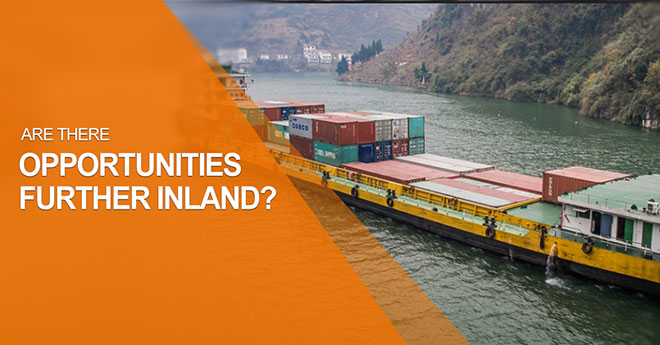China: The world’s largest manufacturer
In 2010 China overtook the United States and became the world’s largest manufacturer and in the same year China also surpassed Japan and became the world’s second largest economy. China’s incredibly short journey from agricultural and command economy to global superpower status is just the beginning. The coastal areas of China have played a major role in the country’s economic development. It is estimated that over 80% of China’s exports are manufactured in costal China, and that over half of China’s 1.3 billion populations live in these coastal areas.
Back bone of the boom: China’s Coastal areas
China’s coastal areas are made up of eight provinces which include Guangdong, Fujian, Zhejiang, Jiangsu, Shandong, Hebei, Liaoning and Guanxi. In addition there are four other key areas, these are Hong Kong, Shanghai, Tianjin and Beijing. Interestingly some places are particularly well known for the production of certain products types and categories. Examples include Shenzhen which is famous for electrical products, Hangzhou is well known for garments and textiles, Ningbo is known for kitchen appliances and Yiwu is the place to source promotional gifts. 2013 statistics show that coastal China is also home to seven (out of ten) of the world’s busiest container ports, these are (in Chinese ranking order) Shanghai, Shenzhen, Hong Kong, Ningbo-Zhoushan, Qingdao, Guangzhou, and Tianjin.
Significance of coastal China in economic growth
From the very late 1970s China embarked upon economic reform. The reforms and opening up of China’s economy were led by Deng Xiaoping. In the early 1980s China established special economic zones (SEZ) to attract foreign direct investment (FDI). During the late 1980s and 1990s the economic reform entered a second phase that included privatization, establishment of further SEZs and more attractive FDI policies. In 2001 after China’s entry into the World Trade Organization (WTO), China’s economic growth rate has been rapid. Coastal China is home to the many SEZs and is therefore no surprise that the coastal areas of China are prosperous and convenient for manufacturing and exporting. The coastal areas of China are traditionally the areas where international trade and FDI are concentrated.
Possible opportunities: China’s interior and western regions
China’s robust and prosperous coastal areas have developed at a far superior rate than interior and western regions. In recent years, China has adopted various policies to improve economic development within these regions. Some manufactures have already relocated operations from coastal China to interior China to take advantage of various cost saving opportunities and the country’s efforts on improving infrastructure. China is keen to close the economic gaps between the coast and other regions, and as a result, launched various economic campaigns and policies such as ‘Rise of Central China Plan’ and ‘China Western Development’. In recent years well known organizations such as Foxconn, INTEL and Hewlett-Packard have established factories in China’s interior and western regions.
Making the move inland: Advantages and disadvantages
With the cost of operating in coastal China increasing for some, organizations have made the move to inland China. Below are some advantages and disadvantages to consider.
Advantages
- Lower cost land compared to coastal China
- Relaxed and favourable regulations, possibly not as strict as coastal China
- Lower wages
- Financial incentives
- High population, improved recruiting capabilities
Disadvantages
- Poor infrastructure, yet this is being improved
- High transportation costs, some organizations costs have doubled after relocation
- Possible murky legal and regulatory environment
- Inexperienced work force
- Lack of quality control and experience
A move in land (or to any new location) could carry some risks to your product offerings. A new factory or business unit may not be familiar with the international regulations regarding the specification of your product. A new workforce and management may lack previous work experience or operating standards that your firm requires. If the location is extremely remote, possible monitoring and supervising challenges could present themselves affecting production and quality of your products.
A better understanding
Noting the significance that coastal China has played in the country’s economic development, manufacturing status and exporting capabilities can allow for clearer understanding and appreciation regarding the factors and influences as to why coastal China is economically different to interior and western regions. This knowledge also helps better understand China’s efforts to stimulate economic growth in interior and western regions through various campaigns and policies; along with the motives why organizations are relocating operations to these new cost effective regions. It is important to remember that any factory or production relocation to new regions or premises is carefully considered, to minimize risks which could result in costly setbacks and issues.
Wherever and whatever you are sourcing or manufacturing in China, V-Trust being a local Chinese company specializing exclusively within the China inspection services and quality control sector; can offer a range of services and solutions to ensure your organisation receives the best possible examples of well made in China, from anywhere in China.




Discussion